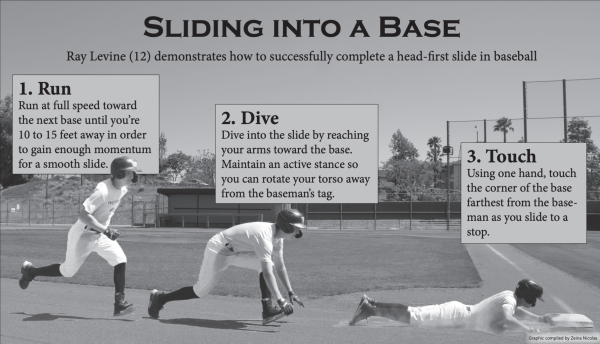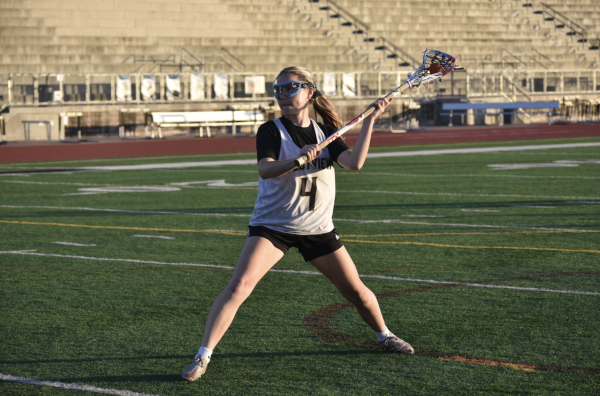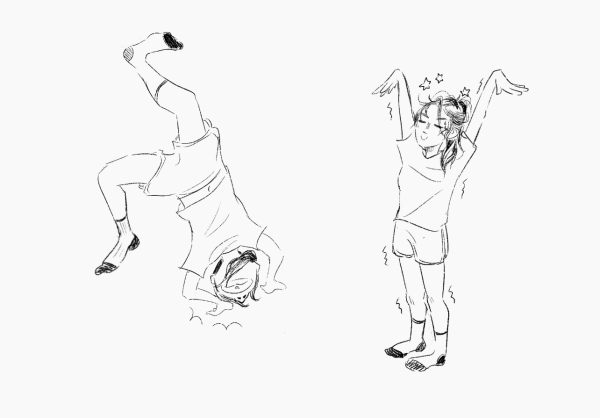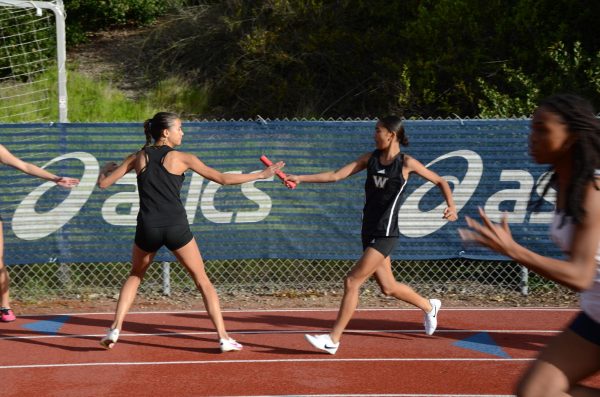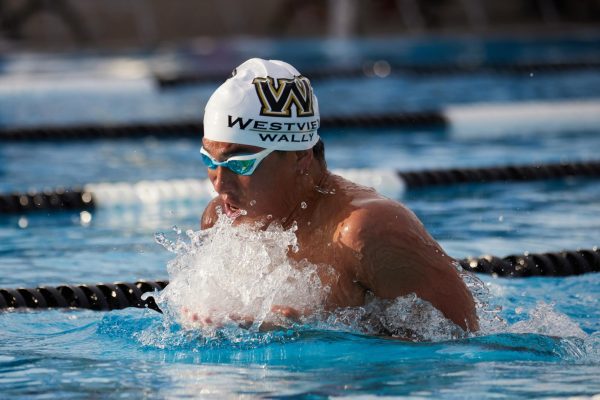Wrestling team tackles pre-season practices
December 16, 2022
[metaslider id=13463]
The wrestling team held their first official practice this year, Nov. 7. Twenty-one people attended, 10 more than last season.
“Last year, we had a really small team, so it was kind of depressing to be at practice,” second-year wrestler Nathan Bergren (11) said. “Everyone was tired, no one wanted to be there, so the attitude of the team has changed, so it’s nicer at practices.”
In 2019, Westview didn’t have a wrestling program and only started it up again last year with a team of eleven members. Since then, the team has nearly doubled in size.
According to Coach Kristian Wahlgren, with the influx of new athletes, many members lack long-term experience in wrestling.
“I will say we are a young and inexperienced team,” Wahlgren said. “A lot of kids here are in their first or second year [of] wrestling.”
In last year’s season, wrestling only had one coach, who joined the team during late autumn. As a result, the team was unable to have a preseason. However, this year the team has two official coaches.
“[Pre-season] went great,” Wahlgren said. “We had people coming in and getting exposed to wrestling a month or two before the season started, so it kind of accelerated their ability to learn the techniques.”
One of those people was Kaleis Vitug (11). Previously, Vitug had been doing Muay Thai, a form of stand-up boxing, which according to her is extremely different from wrestling.
“I had to adjust to the new environment, cause it’s not just Muay Thai where we’re kicking and punching and kneeing each other, it’s literally just on the ground trying to get them on the ground and get the pin,” Vitug said. “I’d say [practices were] intense at first and a lot more difficult. It’s still intense now, I still get my workout in, but it’s not as intense as before.”
Joining the wrestling team has not only been challenging for Vitug because of the new training regimen but also because she’s in a much lower weight class than the other wrestlers. Being the only girl on the team, she’s had to practice with people 20 to 30 pounds heavier than she is.
“[When I first joined the team,] I felt a lot of nervousness and I felt like a lot of people were judging me because I was a little girl,” Vitug said. “It was my first time there, so obviously I didn’t know anything, but when I went to practices more and more, they were just being really nice to me and helping me out.”
In addition, Vitug feels like the pre-season has helped her improve her skills, making it easier to take down opponents heavier than her.
“My stamina’s improved a lot,” Vitug said. “I’m getting techniques down faster than usual. Even though I still need help sometimes, I just need that little fix to fix it. And with the things that the [tips] the coaches tell me, especially since I’m small and everyone’s bigger than me, I use it to my advantage against them.”
According to Bergren, the most important parts of wrestling are weight, technique, strength, and mentality.
“We’re in a crouch position [during matches], so your legs start to burn,” Bergren said. “You [also] have somebody hanging on you the whole time, and pushing into you with all their weight, so you try to get around and do your moves while they’re pushing on you.”
During the pre-season, the team worked hard to grow in all aspects since, according to coach Larry Sidiropoulos, wrestling requires every part of your body.
“In wrestling, you’re using 100% of your body almost 100% of the time,” Sidiropoulos said. “There’s no cheat code in wrestling. It all comes down to personal accountability. You can’t take shortcuts [during practice] and go out on a mat and expect to win because your opponent, if they don’t take shortcuts and they’re better trained, they’re in better shape, they have more heart, they’re mentally tough, so to get to that level, it’s gonna show on [the] mat if you don’t do it here in this room.”
To both Sidiropoulos and Walgren, mentality is the most important part of wrestling.
“You need to be physically strong, mentally strong at all times because you’re going out there alone and not having the support of a teammate next to you to kind of pick up your deficiencies or just if you’re having a bad day,” Wahlgren said. “The grind of practice and just the physical demands of practice is mentally tough alone. Like Sidiropoulos says, [mental strength] develops over the season.”
Matthew Dobrowolski (11), who’s now in his second year on the wrestling team, has felt like experience in cross country really helped his mindset while wrestling.
“I always push myself to run at my same pace, not slow down. I carry that aspect over to wrestling,” Dobrowolski said. “With my previous training with cross country, I’m able to [apply the same mentality] to wrestling and also keep good form.”
Dobrowolski also said that training for wrestling and doing matches has helped improve his work ethic.
“I don’t want to let myself down, but I also don’t want to let my team down,” he said. “I want the other students to know that Westview wrestling is a good team, so I always strive to figure out what the best move to counter this move would be, or how I could beat my opponent in a match.”
Due to the persistent mindset that wrestling causes, Wahlgren feels like wrestlers get to grow a mindset that’s useful outside of the sport as well.
“It’s that discipline, and it takes you to that mental and physical limits that once you do it, you realize you can do anything,” Wahlgren said. “[There’s] a very common phrase within the wrestling community: ‘once I’ve wrestled, I know I can do anything.’”




![Kamila Nava (11) [right] and Alexi Stysis (11) run at Torrey Pines State Beach, April 27. Nava enjoys going for runs outdoors and tries to run in nature as frequently as possible.](https://wvnexus.org/wp-content/uploads/2024/05/DSCF2398-e1714686258569-400x600.jpg)
